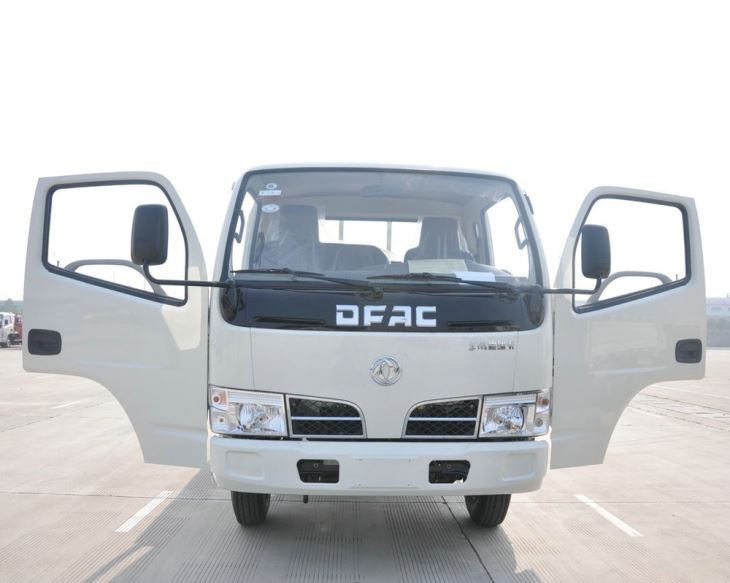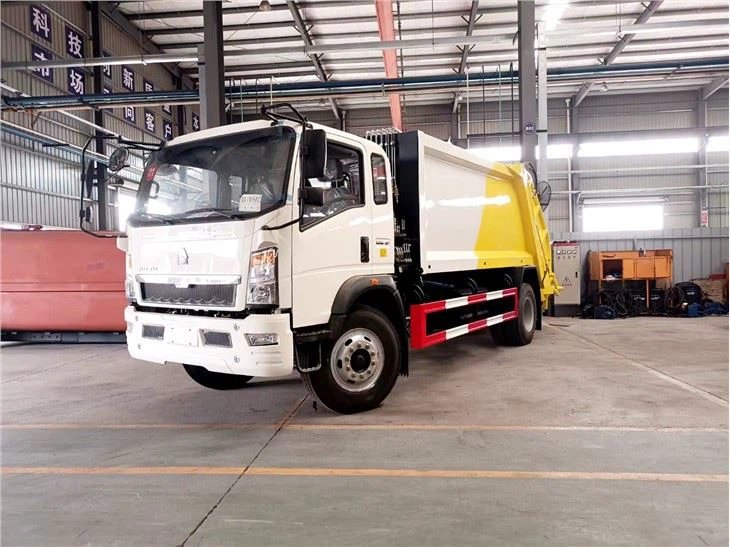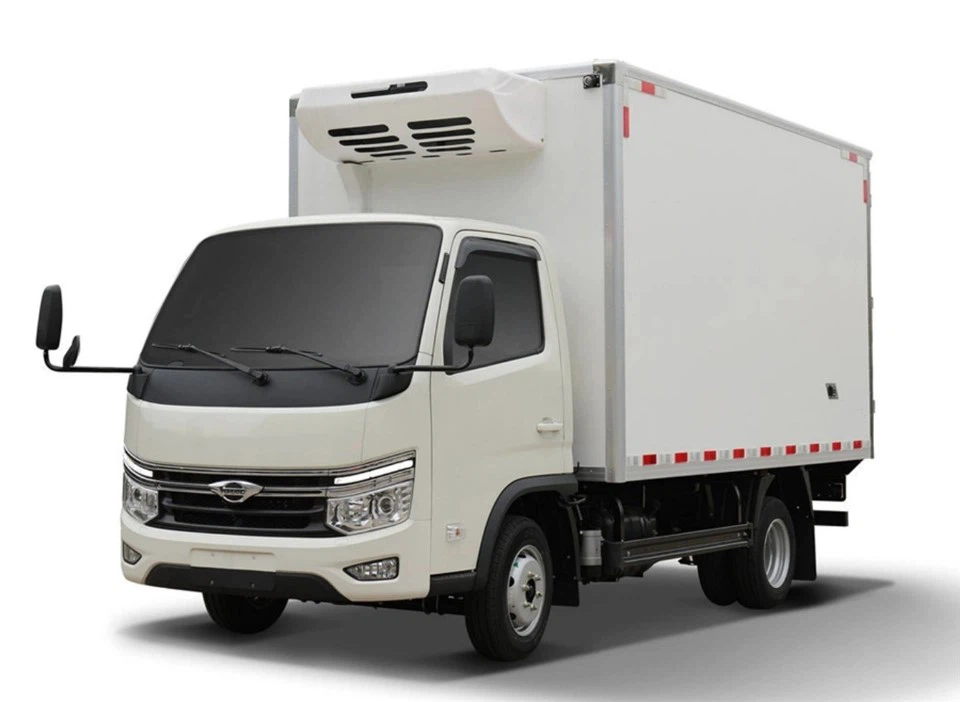Understanding Dumpster Trucks: The Backbone of Waste Management

Dumpster trucks have become a critical component in our waste management systems, playing a vital role in keeping our cities clean and sustainable. These vehicles come in various shapes, sizes, and capabilities, catering to different waste collection needs. This article will delve deeply into the functions, types, and importance of dumpster trucks, along with practical examples and tips for selecting the right models for your operations.
What Are Dumpster Trucks?
Dumpster trucks are specialized types of vehicles designed to transport waste and recyclables from various locations to landfills or processing facilities. They are equipped with hydraulic lifting mechanisms that allow them to pick up and empty large dumpsters efficiently. These trucks are essential for municipalities, commercial businesses, and construction sites.
History of Dumpster Trucks
The inception of dumpster trucks dates back to the mid-20th century when waste management began evolving to meet the growing needs of urban areas. The term “dumpster” comes from the Dempster Brothers, who introduced a self-dumping container system in the 1930s. Over the decades, dumpster trucks have undergone significant advancements in technology and design, leading to increased efficiency and improved environmental standards.
Types of Dumpster Trucks
Different types of dumpster trucks serve various functions in waste management. It’s essential to choose the right type based on specific needs.
1. Rear Loader Dumpster Trucks
Rear loader dumpster trucks are designed to collect waste from dumpsters positioned at the back of the truck. These trucks have a specialized compaction chamber that compresses waste to maximize space efficiency.
Advantages of Rear Loader Trucks
- Space-efficient design
- Greater compaction ratios
- Ideal for residential and commercial waste collection
2. Front Loader Dumpster Trucks
Front loader trucks feature a large open container on the front. These trucks are typically used in commercial settings where large quantities of waste need to be collected, like shopping malls or industrial complexes.
Key Features of Front Loader Trucks
- Excellent for heavy and bulky waste
- Faster emptying process
- High loading capacity
3. Side Loader Dumpster Trucks
Side loader trucks are equipped with hydraulic arms that lift and empty dumpsters from the side of the vehicle. These are especially useful in residential areas where space might be limited.
Benefits of Side Loader Trucks
- Reduced driver need due to automated loading
- More maneuverable in tight spaces
- Minimized physical strain on workers
4. Roll-Off Trucks
Roll-off trucks transport large, open-top containers that can be loaded and unloaded easily. These trucks are often used for construction debris and large-scale cleanouts.
Use Cases for Roll-Off Trucks
- Construction and renovation projects
- Demolition services
- Specialized waste removal, such as hazardous materials
Key Features of Dumpster Trucks
Understanding the features of dumpster trucks helps in making informed decisions when purchasing or using them.
1. Lifting Mechanism
The lifting mechanism is crucial for the efficiency of dumpster trucks. Most modern trucks are equipped with hydraulic systems that allow them to lift heavy dumpsters effortlessly. The ability to lift tons of waste with minimal manual effort enhances productivity and safety.
2. Compaction Efficiency
Compaction is the process of compressing waste to maximize space. Different trucks have varying compaction ratios, making them more suitable for dense waste types. Understanding the compaction efficiency can influence waste disposal strategies.
3. Weight Capacity
Each dumpster truck has a specified weight capacity that outlines how much load it can safely transport. Knowing the weight limits is crucial to avoid accidents and ensure compliance with road regulations.
4. Engine Type and Fuel Efficiency

With growing environmental concerns, many manufacturers are producing trucks that use alternative fuels or are built with more efficient engines. Fuel efficiency contributes to lower operational costs and a reduced carbon footprint.
How to Choose the Right Dumpster Truck
Selecting the right dumpster truck can influence the efficiency of waste collection operations. Here are some key criteria to consider:
1. Assess Waste Volume
Determine how much waste you expect to collect daily. This will dictate whether you need a smaller truck for light use or a larger truck for heavy-duty operations.
2. Consider the Type of Waste
Understanding the nature of waste helps in selecting a truck with the right features. For example, recyclable materials may require a different approach than construction debris.

3. Analyze Route and Accessibility
The routes that the trucks will travel and the accessibility of collection points can significantly impact the choice. Some vehicles are designed to navigate tight spaces, making them ideal for residential areas.
4. Budget Constraints
The cost of purchasing or renting a dumpster truck can vary widely. Consider operational costs, maintenance fees, and the potential return on investment when making a decision.
Industry Regulations and Compliance
Operating dumpster trucks comes with the responsibility of adhering to local and federal regulations. Understanding these regulations is essential for legal and safe operations.
1. Weight Limits
Most municipalities impose weight limits on roads. Violating these can result in hefty fines. It’s crucial to adhere to the weight capacities outlined by both truck manufacturers and local laws.
2. Safety Standards
Ensuring the safety of workers and the public is paramount. Trucks must be equipped with safety features, including mirrors, cameras, and lights. Regular inspections and maintenance are required to uphold these standards.
3. Environmental Regulations
With environmental concerns becoming a priority, waste management companies must comply with regulations concerning recycling and the proper disposal of hazardous materials. Staying updated on these guidelines is vital.
Practical Tips for Managing Dumpster Truck Operations
Efficiently managing dumpster truck operations can lead to enhanced productivity and reduced costs.
1. Schedule Regular Maintenance
Regular maintenance checks can prevent unexpected breakdowns and prolong the lifespan of the vehicle. Keep a checklist of maintenance tasks and adhere to a strict schedule.
2. Train Drivers Efficiently
Invest in training programs for drivers to ensure they understand safe operating procedures. Well-trained drivers are less likely to have accidents and will improve operational efficiency.
3. Implement Route Optimization
Utilize software that can help optimize collection routes. Optimized routes can reduce fuel costs and ensure timely service.

4. Collect Data and Analyze Metrics
By collecting data on waste volumes, truck performance, and operational costs, companies can analyze metrics to improve efficiency continuously.
Future Trends in the Dumpster Truck Industry
The dumpster truck industry is constantly evolving. Here are a few trends to watch:
1. Increased Automation
Automation is becoming increasingly prominent, with more companies adopting GPS technology and automated compaction systems to enhance efficiency.
2. Sustainable Practices
There’s a growing emphasis on sustainable waste management practices, leading to innovations in environmentally friendly trucks and recycling methods.
3. Alternative Fuel Options
The rise of electric vehicles is beginning to make its mark in the dumpster truck industry. Companies are exploring options that minimize the environmental impact of their operations.
FAQ Section
1. What is the average lifespan of a dumpster truck?
The average lifespan of a dumpster truck ranges from 10 to 15 years, depending on maintenance and usage.
2. How often should dumpster trucks be serviced?
Most professionals recommend servicing dumpster trucks every 3,000 to 5,000 miles or every six months, whichever comes first.
3. What are the common issues faced by dumpster truck operations?
Common issues include mechanical breakdowns, driver safety concerns, and regulatory compliance challenges.
4. Can dumpster trucks be customized?
Yes, many manufacturers offer customization options to meet specific operational needs, such as varying container sizes and specialized technologies.
5. How do I know which type of dumpster truck to use?
Consider factors like the type and volume of waste, accessibility of collection points, budget, and the truck’s weight capacity to choose the right type.
6. Are there any environmentally friendly dumpster trucks available?
Yes, many manufacturers are now producing dumpster trucks that run on alternative fuels or electric engines to reduce environmental impact.
